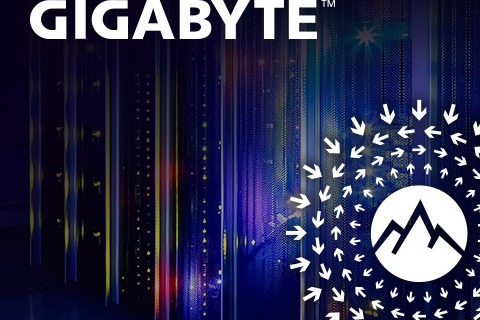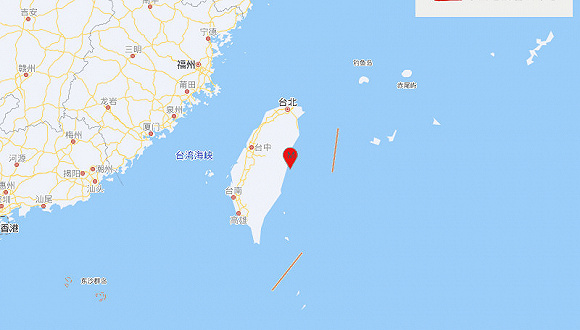In my novel “ Influence ”, the lead character J@ck Tr@de performs various hacking tasks. In the book he spends a lot of time securing his connections, hiding his identity and hiding his location. In this series of blog posts, I’m going to talk about the various technologies mentioned in the book like VPN , the Onion Browser , Kali linux and using VHF radios . I’ve talked about HTTPS and VPNs so far, now we’re going to discuss the Onion Browser and the Tor network.
For anyone interested, my book is available either as a paperback or as a Kindle download on Amazon.com:
The Tor NetworkTor is an abbreviation for The Onion Router. You tend to see Tor and Onion used interchangeably. Nowadays Tor tends to refer to the Tor network and Onion to the open source browser that utilizes the Tor network to browse the web.
The Tor network and Onion Browser were developed by a group of people dedicated to security, privacy and anonymity. The Tor network depends on thousands of volunteers operating Tor network nodes (servers). When you use the Onion browser, each server connection that you use goes through a different random path through these Tor network nodes. Each node acts like a VPN, encrypting communications and hiding the location of the original request. To some degree using the Tor network is like using a set of different VPNs for each website you visit. This makes tracking you down very hard.
The Onion Browser is an open source Internet browser that performs all it’s requests through the Tor network.
The Dark WebThe dark web consist of a number of websites that aren’t linked to from the regular web. They only accept requests over the Tor network and you have to find out about them through means other than Googling. This so-called dark web has been know to host all sorts of “bad” e-commerce sites dealing in illegal drugs, human trafficking and child pornography. Whenever law enforcement tries to ban encryption or anonymity, they always use these sites as excuses to be able to track and spy on normal people’s web activity.
On the other hand in highly repressive states which block a lot of Internet traffic with the outside world, the Tor network and the dark web are the only way that dissidents can freely communicate, or that regular citizens can browse the web at all. Generally governments spend way more time tracking dissidents than they ever spend tracking down the illegal websites they claimed to be upset about.
How Safe Is It?That all sounds pretty good, so why doesn’t J@ck just use the Onion browser and just not bother with all the other things he does? For one thing, government security services spend a lot of time trying to crack the Tor network. Many of the thousands of nodes in the Tor network are actually operated by government agencies. If one of these is your exit node, then they can get quite a bit of info on you. It’s a bit of a race between the developers of the Tor network and government departments like Homeland Security as to how safe the network is at any time.
Another problem is that even though, say Google can trace who you are from the network traffic, they can record things like your typing patterns and mouse movement patterns. These are apparently just like fingerprints and can be used to identify you. Other means are required to disguise these sort of things.
A general maxim in security is never trust anything entirely. The original name of the Onion browser was based on this idea of having many layers of security like the layers of an Onion. Tor provides several layers, but you can add more layers to be more secure.
PerformanceEvery server that you hit introduces a delay as that server receives, processes and then transmits your network packets of information. With the Tor network, you introduce a bunch of these delays to give you better security and privacy. Further, not all the Tor nodes have the greatest Internet bandwidth or server power. After all they are paid for and operated by volunteers. This all adds up to the Tor network being very slow. If you ever try to download a movie of the Tor network it will take forever. This is why people pay for VPNs with decent bandwidth and performance, rather than using Tor. If you aren’t downloading movies, and just doing small queries then it is usable. This is what J@ck tends to be doing.
SummaryThe Tor network and Onion Browser are key tools used by every hacker. It provides great security and anonymity at the cost of access speed. If you want to check out the dark web then you need to use the Onion Browser.


















